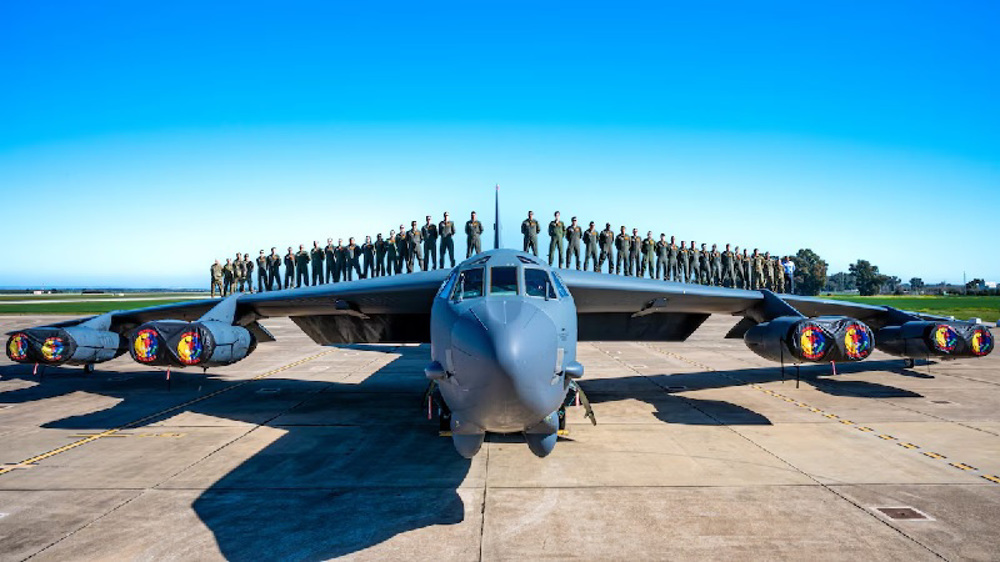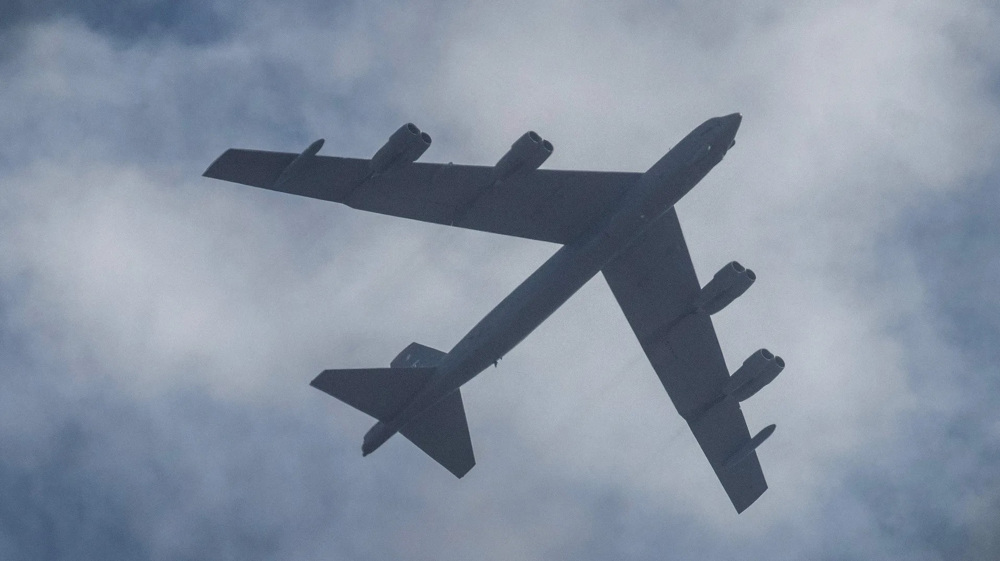US wrapping up sale of 104 warplanes to Qatar, Kuwait
The US State Department has authorized the sale of 104 F-15 Strike Eagle and F/A-18 warplanes to Qatar and Kuwait, a move that Washington says is aimed at bolstering foreign policy interests.
With an estimated cost of $21.1 billion, the deal with Qatar would include 72 F-15s together with “weapons and related support, equipment, and training,” said the US Defense Security Cooperation Agency in a statement.
“This proposed sale enhances the foreign policy and national security of the United State by helping to improve the security of a friendly country and strengthening our strategically important relationship,” the agency added.
American officials claim that the sale of the multi-role fighters would not affect the military balance of the Middle East, which is already struggling with years-long foreign-backed militancy and Western intervention.
Additionally, America’s “defense readiness” would not take a hit from the deal, the statement further noted.
The deal would benefit American aerospace giant Boeing the most, but other companies like Lockheed Martin and Britain's BAE Systems would benefit too.
If Congress approves the deal, Boeing would be allowed to extend the aircraft’s production line.
The company had earlier warned that it was going to shut down both production lines by the end of this decade due to excessive costs and inadequate demand.
Saudi Arabia and Israel are two other regional customers for the twin-engine aircraft.
The State Department has also authorized a deal with Kuwait, another Arab state in the Persian Gulf region, which had put an offer for 32 F/A-18 Hornet fighter jets worth $10.1 billion.

Each F/A-18 Hornet, and its upgraded version, the F/A-18 Super Hornet, costs at least $57 million, making it "the most cost-effective aircraft" in the US aviation fleet, costing less per flight hour than any other in the US forces inventory, the Navy says.
The massive deals came as Middle Eastern nations had been experiencing budget pressure due to the plummeting oil prices.
A number of US senators have been building up pressure on the administration of President Barack Obama to approve the deals, although some government officials had initially opposed them, saying they would risk Israel’s security.

US B-52 bombers in West Asia do not scare Iran

US, France want mercenaries deployed in south Lebanon: Report

US bombers fly over Mediterranean Sea as delivery of heavy bombs to Israel announced
Zelensky should apologize for ‘fiasco’ with Trump: US state secretary
Houthi: Yemen ready to attack Israel if Gaza truce breaks down
VIDEO | Lost classrooms, lost childhoods: Jenin’s children struggle for education
VIDEO | Palestinians ramain steadfast despite Israel’s onslaught
VIDEO | Press TV's news headlines
Iran ready to strengthen ties with UAE based on ‘mutual interests’: Deputy FM
VIDEO | A slap in the face of imperialism
Iran remains steadfast in its ‘principled positions,’ says Foreign Ministry







 This makes it easy to access the Press TV website
This makes it easy to access the Press TV website